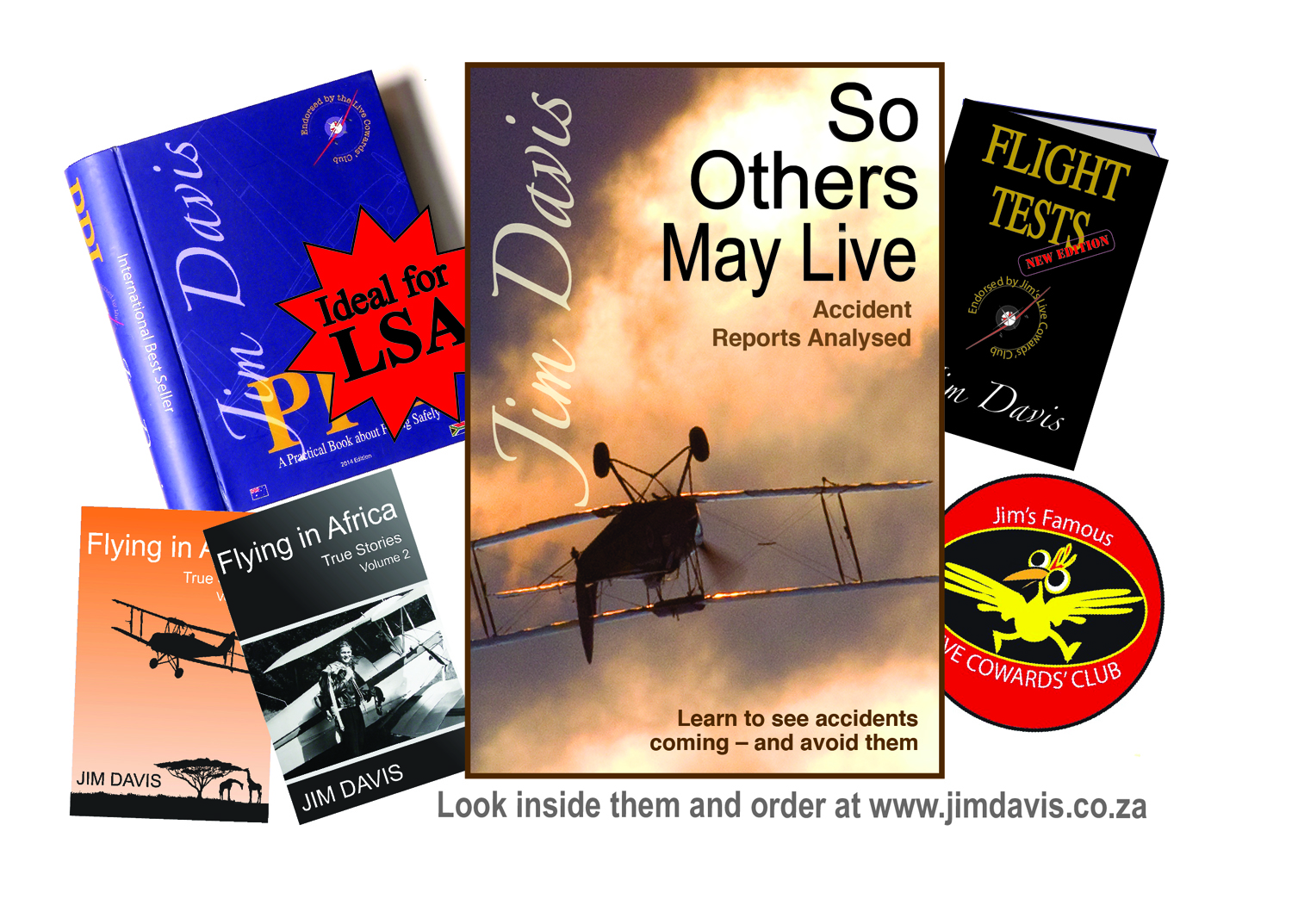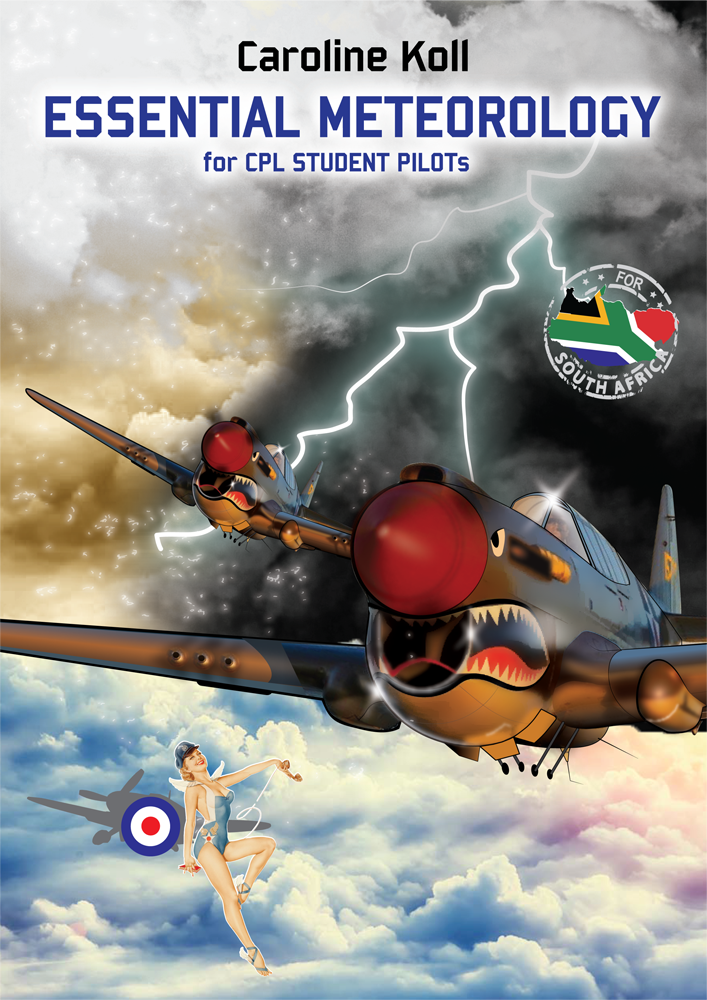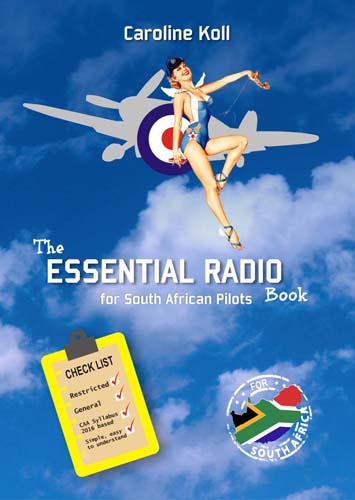Next to actually flying an aircraft, communication is an important part of flying. Why? Talking on the radio not only allows you create a mental picture of where other aircraft are, and similarly also tells others where you are, but if done wrong, it can lead to a lot of confusion, and block up a frequency when another pilot may be trying to call through an emergency. For some reason, even though every pilot has been taught radio phraseology as part of their training, a number of bad habits and ambiguous words have entered the skies, to such an extent that one actually starts to wonder if these are acceptable. Here are just some that make me cringe…
The double click – This is where the PTT button is pressed twice to acknowledge another radio call, instructions or information. Nope, doing this is NOT acceptable. Think about it – how do you know if the button was not just accidentally pressed and did the receiver get all aspects of the message?
‘Currently…’ – If you are giving a position report, and using a landmark, then everyone knows that you are ‘overhead’ or ‘East abeam’. This is a plain English word that is neither necessary, nor is it part of standard phraseology. If you are using this word while figuring out what to say as a suitable landmark, then rather take a second, think about where you are, and say “Overhead XYZ tower”. You should not ever have the need to say what you are ‘currently’ doing!
‘Routing to…’ – Often used with the previously described ‘currently’, when navigating towards a point or destination. Everyone knows you are going somewhere, all we need to know is where! If you are trying to indicate the direction in which you are going based on your present position. So, instead, you should say ‘Next position…’ or ‘Destination…’ if the next position means a full stop landing.
‘You’re in my 11 o’clock’ – While this might seem obvious to the pilot of the communicating aircraft, however, this means nothing to the aircraft receiving this message! How on earth do I know where your 11 o’clock is? If you have spotted the other aircraft, then provide your position in relation to the other aircraft – ‘In your 11 o’clock’ is far more understandable.
‘Ummm / Errrr’ – These are not words, but certainly can take up alot of airtime, and almost always indicate a pilot who is unsure or does not think before speaking. The only way to avoid this is to anticipate what needs to be said, especially if you are in controlled airspace and you know that the controller is going to ask you eg: endurance, persons on board.
Weather information – If the controller gives you the weather information for your destination aerodrome you DO NOT need to read back this information. The rule of thumb is that the only items requiring read back are those items that require you to take some sort of action. A good example of this is QNH – although it is provided with the weather information, you will need to look at your altimeter sub-scale setting, and change it accordingly, therefore you need to read back the QNH. If possible, listen to the ATIS broadcast before contacting the ATC, this way you will already have the information, saving the controller time by stating ‘ZS-ABC, Information Charlie’. The ‘Charlie’ in this case refers to information broadcast ‘C’ or ‘Charlie’ (the next broadcast will be Delta), which indicates to the controller that you have the correct information broadcast, but you will still need to read back all instructions, including the QNH.
‘Roger’ – Although this was widely used to acknowledge the receipt of information or instructions, it is no longer accepted as standard radio phraseology, for the simple reason that it does not assure the communicator that you have received all the instructions, which could potentially lead to a dangerous situation!
‘Wilco’ – Meaning ‘will comply’, the use of this phrase is not encouraged, once again for reasons of ambiguity. Although it would be quicker to just say ‘Wilco’, you need to read back the instructions to which you will be complying to, exactly as stated by the controller.
‘Yes / No’ – Although these may seem obvious, they can easily be misheard or cut-off. You must say ‘Affirm’ or ‘Negative’.
‘Any traffic please advise…’ – This one is terribly annoying! If you are new on a frequency, it is YOUR responsibility to firstly listen out, then make make your own position report (please also familiarise yourself with the local reporting points in the area into which you are flying).
‘Any conflicting traffic…?’ – As above, open your ears, listen to other callers, create a mental picture and don’t ask this!
I am sure this list is not exhaustive (I really should note these things when I hear them!), so please feel free to add your ‘favourites’ in the comments below, but it should hopefully clear up a few things with regards to correct phraseology on the radio! It is far more preferable to improve the standard of your own radio work, use only correct phraseology, rather than just adopting these phrases simply because you hear others saying these things all the time!





To state your destination as ” Routing to” is very clear and is surely not a big deal also to ask if there are any traffic is also a clear broadcast, sometimes other users dont broadcast so you dont know, why not just ask, it may be that you have just tuned to the frequency and have not had time to hear if there are any other active traffic.
What we should all be doing is speaking in a clear and slow enough pace , so many pilots are just mumbling and speaking so fast , they seem to forget the skies are filled with all sorts of pilots, trainees, occasional ones and professionals.
I agree with all the other comments
Terrific job!
My particular ‘bete noir’ is pilots who never get the QNH right. Many use the local QNH at the airport from which they departed. However once they are in TMA EAST, SOUTH or WEST they must use the J’burg QNH which is available from ATIS on 126.2 and changes on the hour every hour. Very few pilots seem to be aware of this fact.
I keep the ATIS phone number in my cell 011 928 6461 to which I listen on my way to Brakpan Airfield.
I am then well aware of what is going on with regard to wind direction and speed, cloud, temperature and Dew point and most important the QNH. Flying and life in general are all about pre-planning!
Well done Caroline and thank you.
Essential, I am most grateful that you have published the list of “No no’s’ I believe I am known for the irritation by so much of what you have pointed out. Well done and thanks. I hope your regular post reaches many!
Oh well done Caroline – you deserve a Bells for this one.
Affirmative is no longer correct – the word is AFFIRM. This has been official ICAOese for quite a while due to misreading just the …tive as affirmative or negative
The errr/ummmm is usually due to the person not having thought of the transmission before blabbing away and they will probably be dispensed with by people who read your posting!
Well noted Karl! Clearly we can all improve 😀